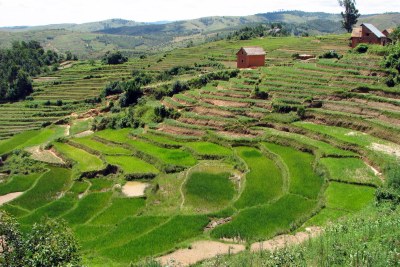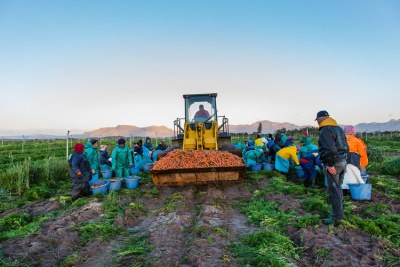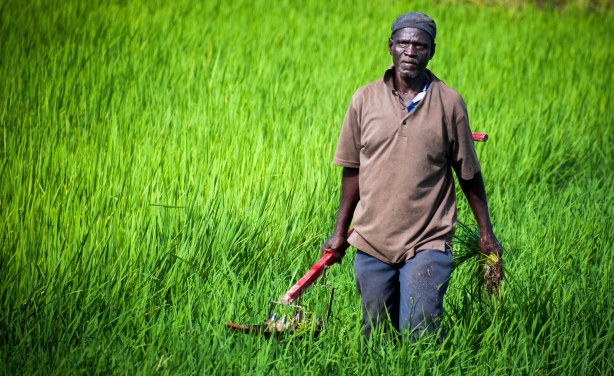-
Ghana: Farmers Aren't All Seeing the Fruits of a Green Revolution
The Conversation Africa, 14 June 2021
Global businesses, donors and governments have each pursued a Green Revolution agenda in Africa, Asia and South America since the 1960s. Its aim was, in theory, to produce more… Read more »
-
Africa: Another False Start in Africa Sold With Green Revolution Myths
IPS, 20 April 2021
Since the Alliance for a Green Revolution in Africa (AGRA) was launched in 2006, yields have barely risen, while rural poverty remains endemic, and would have increased more if not… Read more »
-
Ghana: Why Smallholders Aren't Excited By the Latest 'Green Revolution'
The Conversation Africa, 13 April 2020
The Green Revolution - the introduction of new higher yielding seed varieties, increased use of fertiliser, irrigation and other mechanisation introduced since the 1960s - brought… Read more »
Not All Ghanaian Farmers Are Seeing Fruits of a Green Revolution
The Green Revolution - the introduction of new higher-yielding seed varieties, increased use of fertiliser, irrigation, and other mechanisation introduced since the 1960s - brought about a great increase in crop yields in some countries. But realities on the ground tell a different story from the claim that a Green Revolution ensures food security and increased income for smallholder farmers in Ghana. Despite the hopes - and hype - pinned on this second Green Revolution, it has failed to address the needs of poor farmers. It hasn't reduced poverty. Rather, it has increased farm input costs, farmer indebtedness, and inequalities among farmers, writes James Boafo and Kristen Lyons for The Conversation.
InFocus
-
Traditional markets and small-format shops currently account for 80 to 90% of urban food retailing in African cities, according to the 2020 Africa Agriculture Status Report (AASR) ... Read more »
-
The Covid-19 pandemic has not yet made a dent in the food supply and so far, there are no reports of shortage of essential food and agricultural goods. However, despite efforts, ... Read more »




